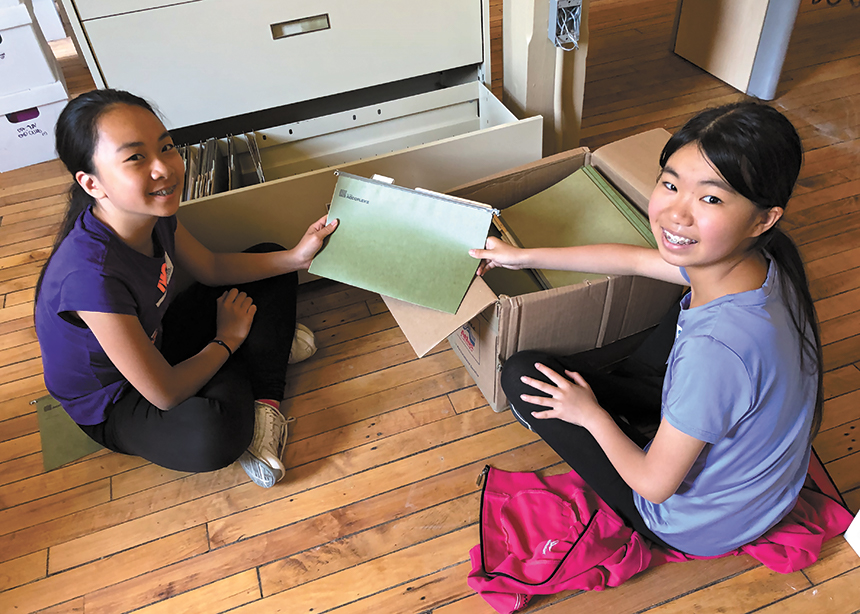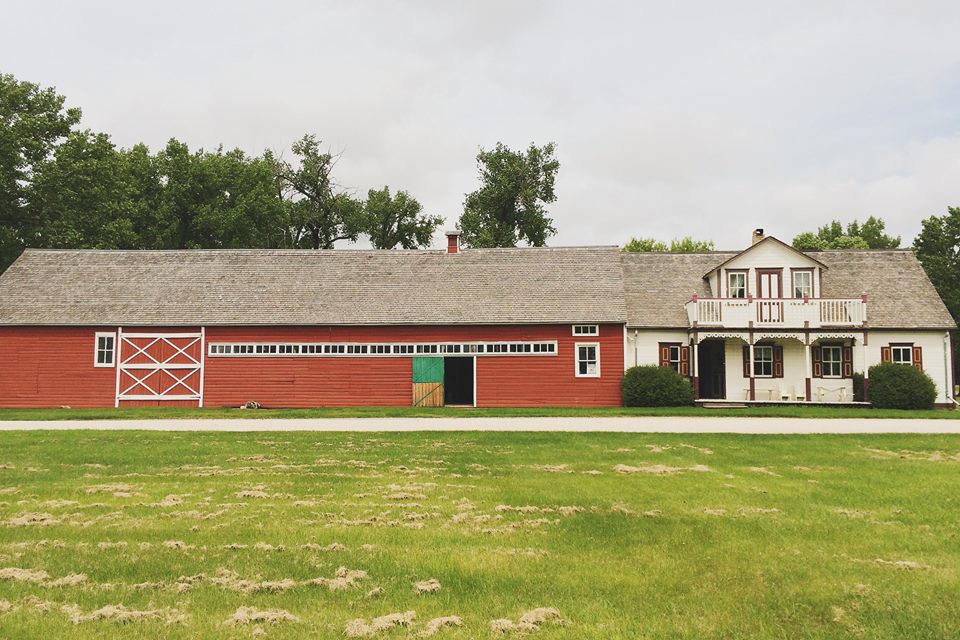First, a disclaimer: I love books. With a father in the bookstore and publishing business, I grew up in a household that always had books available. I’ve volunteered and been employed in a library. I currently own cards to two local libraries. For me, books have been a source of learning, inspiration and connection to people in other places and times.
But there are other ways to grow in understanding and faith that don’t involve books. Since exploring the theme Bible verses for We Declare, the Mennonite Church Canada gathering held last month, I’ve been pondering the experiential learning that happened throughout the biblical story. The gospels indicate that Jesus knew how to read, but many of his followers likely didn’t read or have access to the written material of their time. Instead, they accompanied the Master in his daily life, watching, listening, touching, tasting and smelling. And learning. Walking with Jesus, they observed up close a life lived with integrity, a teacher whom they were called to emulate.
The writer of 1 John made a declaration about the eternal life offered by the Creator, a declaration that grew out of the testimony of Jesus’ followers: “what we have heard, what we have seen with our eyes, what we have looked at and touched with our hands, concerning the word of life. . .” (1 John 1). That sensory learning led to the founding of the early church, a body of believers we glimpse through John’s letters and other New Testament writings.
The witness of those early Christians reminds us that there are ways to nurture faith that don’t involve the written word (my apologies to the Mennonite writers, publishers and booksellers!). This kind of learning comes from using one’s five senses. For those who are not book lovers, this experiential learning opens new doors for understanding and growth.
For example, you may have heard testimonies of people who joined the Mennonite family because of the More-With-Less Cookbook. While a book was part of their story, it was the experience of preparing the food, eating it and sharing it with others that helped those folks discover new ways to care for the earth and practice the values of simplicity and respect. Those of us who grew up in the Mennonite faith have needed those reminders as well.
Then there’s Mennonite Disaster Service. Yes, a stint with MDS is a valuable opportunity to help people who are facing tough times. But MDS volunteers also learn and exemplify the Christian values of service, generosity, and even an adventuresome spirit in tackling new tasks, all in the name of Christ’s love. Wielding hammers and buckets, younger MDS volunteers witness the practical faith and dedication of older volunteers. Older workers learn to make a difference in the world beyond their years of paid employment. People who have had their houses restored by those volunteers witness firsthand a way of faith they may not have encountered before.
In the times before COVID-19, my congregation hosted a weekly supper offered primarily to city neighbours who were living in precarious situations. Every Saturday volunteers from local churches and the larger community prepared delicious food and served it family-style at round tables. As cooks, servers and eaters mingled, they learned to know each other in deeper ways, building connections that went beyond the mere categories of host and guest. They experienced very practical expressions of faith.
Consider the role of visitors centres in learning and explaining our faith. You may recall my description of Nazareth Village, a living museum in the city of Nazareth, Israel, where visitors see, touch, hear, taste and smell life as it might have been in the time of Jesus. It’s one thing to sprinkle olive oil on one’s salad, but something happens when you touch the bark of an ancient olive tree, watch its silvery leaves waving in the breeze and smell the ripe olives being pressed to produce the oil. While non-Christian visitors might fear entering a church building, the informal, experiential nature of the Village invites questions and conversations about faith in Nazareth’s most famous citizen. With their senses engaged, visitors and hosts can ponder the teachings and context of Jesus.
In North America, visitors centres have been established because of the natural curiosity that outsiders have about Mennonite and Amish life. In areas where many adherents of the Anabaptist faith live, outsiders might draw quick generalizations about what they see of the local Mennonites and Amish. But well-designed visitors centres, along with friendly and knowledgeable hosts, can help learning happen at a deeper level, through exhibits, media presentations, events, tours, and—most of all—the hosts’ genuine openness for conversation and relationship building with curious visitors.
Below are a few Canadian centres I’m acquainted with. If you know of others, feel free to mention them in a web comment:
- Mennonite Heritage Museum, in Abbotsford, B.C.
- Neubergthal Heritage Site, in Altona, Man.
- Mennonite Heritage Village Museum, in Steinbach, Man.
- The Mennonite Story, St. Jacobs, Ont.
Maybe you know a neighbour who would welcome an invitation to tour one of these centres with you for some joint experiential learning. Before you go, it’s wise to check their websites for hours of operations and entrance fees. And be ready to have conversation about what you believe and why.
It’s worth mentioning a couple of upcoming opportunities for experiential learning:
- This year Mennonites and Amish in Ontario recognize the 200 years since their first ancestors arrived in the Waterloo Region. Starting on September 11 and going into October, you can take part in bus tours, a capella hymn singing, events on Mennonite-Indigenous awareness and a worship service. For more on the individual events, see the Canadian Mennonite calendar.
- Lovers of history might also be interested in a major tour happening next summer, planned to celebrate 100 years since the arrival of Mennonites to Canada from the former Soviet Union. The Russlaender 100 Tour will include a re-enactment of the initial train trip into Canada, with stops along the way to connect with current Mennonite communities. You can find out more on the website of the Mennonite Historical Society of Canada.
Opportunities for experiential, informal learning can bring people together in new ways. Using our senses we can learn about—and claim—the history that has brought us to this point and the values that have sustained our faith communities. In sharing words about our faith with others, today’s followers are challenged to live out those words in actions that ground us all in the love of Christ.








Leave a Reply
You must be logged in to post a comment.